This premium content is exclusive to edie Members.
To find out more about edie Membership, please click below.
If you are an existing member, login here
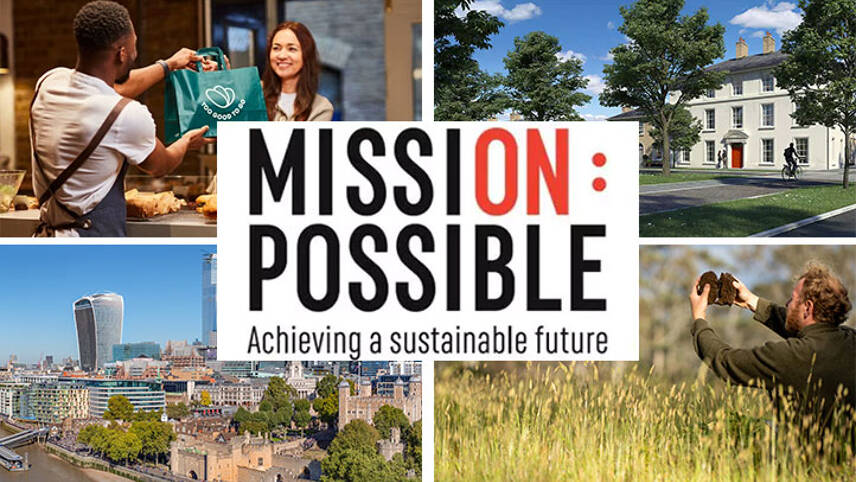
Published every week, this series charts how businesses and sustainability professionals are working to achieve their ‘Mission Possible’ across the campaign’s five key pillars – energy, resources, infrastructure, mobility and sustainability leadership.
Across the UK and across the world, leading businesses, cities, states and regions are turning environmental ambitions into action. Here, we round up five positive sustainability stories from this week.
ENERGY: Plans unveiled for UK’s largest water-source heating and cooling network
In the same week that the UK Government posted a 50% year-on-year uplift in applications for the Boiler Upgrade Scheme, which provides grant funding to individual homes, the developers of the nation’s largest water-source heating and cooling network posted more details on the flagship project.
Buckland Development and Portsmouth Water have built a system that will allow water from the nearby underground Hoads Hill Reservoir to be used to both heat and cool 6,000 buildings at Welborne Garden Village, Hampshire.
The organisations claim the water-source system will emit 90% less carbon emissions than a gas boiler and 50% less than air-source heat pumps. It will also save an average three-bedroom house around £160 per year compared with an air source heat pump.
Buckland Group’s chairman Mark Thistlethwayte said: “Welborne is a new generation sustainable garden village, so our residents and businesses will rightly expect their buildings to be energy efficient and climate-change resilient.”
RESOURCES: Too Good to Go reaches 30-million-meal milestone
It is estimated that 30-40% of all food produced in the world is wasted, with significant implications for global emissionsv. In many developed countries including the UK, most of this waste occurs at the customer level.
Too Good to Go, which operates the world’s largest digital marketplace for surplus food, this week confirmed that it has diverted 30 million meals from waste since it launched eight years ago. It estimates that this is the equivalent of 750 million tonnes of CO2e emissions mitigated.
Retail partners for Too Good to Go in the UK include Costa, Pret A Manger and Greggs. As well as big-name brands, the platform is open to small and independent businesses.
In announcing the milestone, Too Good to Go also unveiled a new AI-powered platform to improve how businesses track and redistribute surplus.
MOBILITY: DP World goes diesel-free at London Gateway
For logistics company DP World, the start of a new year has come with the introduction of a new fuel. The firm has switched all of its diesel-engine equipment, vehicles and installations at its London Gateway to hydrotreated vegetable oil (HVO) this month.
HVO is a popular choice as it is a drop-in solution, requiring no purchase of new vehicles or equipment. Other corporates have posted CO2 reductions of up to 90% compared with diesel; DP World is anticipating emissions savings of 8,300 tonnes this year. This is equivalent to a 26% reduction in the company’s climate footprint from fleet and installations at London Gateway.
The change comes after DP World deployed HVO at its Southampton hub 18 months ago.
London Gateway’s VP of port operationa, Ahsan Agha, said: “Transitioning from diesel to HVO across our operations is critical to meeting our customer’s supply chain demands… the adoption of HVO helps our customers stay both competitive and carbon efficient in a fast changing and unpredictable trading environment.”
THE BUILT ENVIRONMENT: UKGBC launches office retrofit guide
It is estimated that 50,000 buildings are pulled down in the UK each year. This is a major contributor to waste and also represents, in some cases, missed opportunities for social sustainability and cost savings.
The UK Green Building Council (UKGBC) has this week launched a new guide to retrofit projects for large office buildings, covering best-practice measures for saving costs and carbon.
This is not only an imperative to save buildings from the wrecking ball, but to cut energy use and costs, with 77% of the UK’s office stock currently ranked with an energy performance certificate (EPC) rating of ‘B’ or lower.
By following the guide for a deep retrofit, most offices can reduce operational energy use by 60-65%. ‘Lighter’ projects typically result in 15-26% savings.
UKGBC’s head of climate action Yetunde Abdul said: “The scale of the challenge and the rate of decarbonisation needed means ambitions need to be redoubled, without overlooking the easy wins. If all stakeholders are prepared to collaborate and be transparent, there is huge long-term environmental, social and economic value to be secured.”
BUSINESS LEADERSHIP: Louis Dreyfus Company targets 1.2 million hectares of regenerative agriculture projects
Around 15% of the world’s cropland is currently managed in a way that uses regenerative processes, according to the Sustainable Markets Initiative (SMI). The SMI has forecast that this proportion will need to exceed 40% by 2030 if the UN’s top-level international climate and nature commitments are to be met.
French multinational agriculture giant Louis Dreyfus Company recently launched a partnership with The Nature Conservancy on regenerative agriculture. It is aiming to implement regenerative practices on 1.2 million hectares of coffee, cotton, grain and oilseeds farms in South America and Asia this decade, involving 30,000 farmers in the process.
Louis Dreyfus Company chief executive Michael Gelchie said: “In a context of accelerating climate challenges affecting crops and farmer livelihoods worldwide, the long-term resilience of global food and agricultural supply chains requires a transition to sustainable practices where the food system begins – at the farm level.”
Gelchie noted that, to date, the agrifood system has been the primary driver in 88% of native habitat loss globally and remains a major source of global emissions. It will not be able to keep operating without changing these trends.

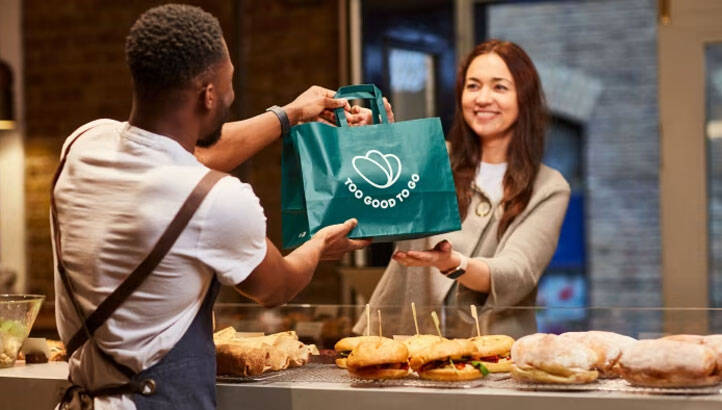
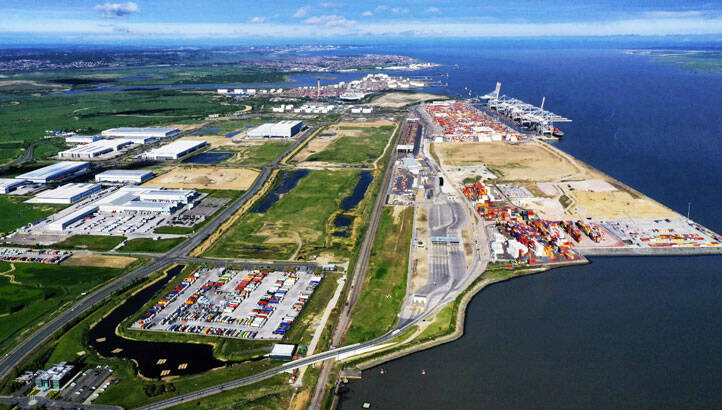
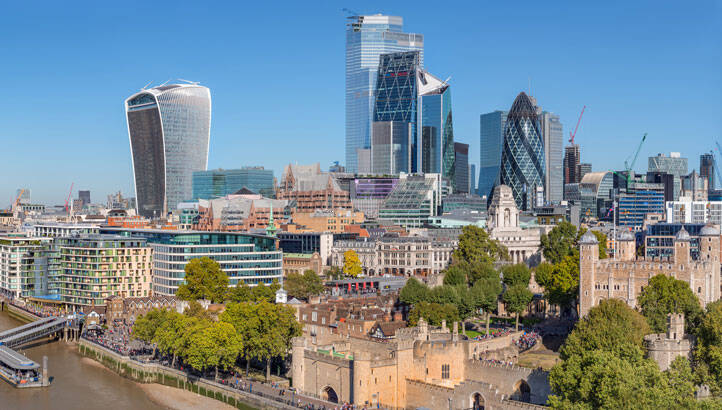
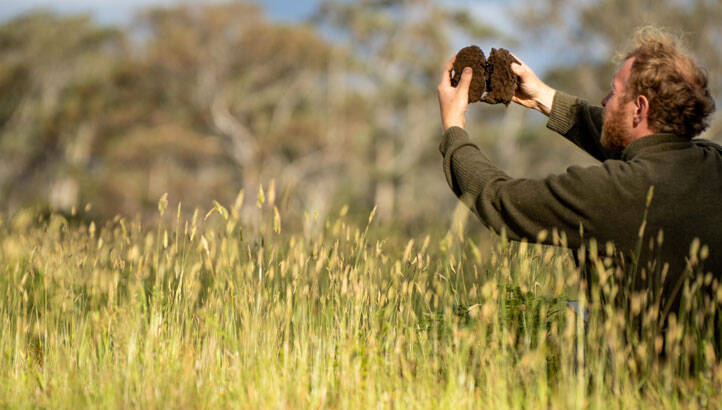


Please login or Register to leave a comment.